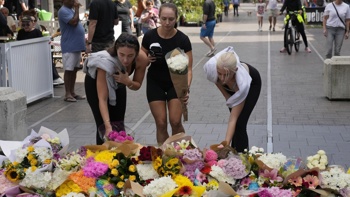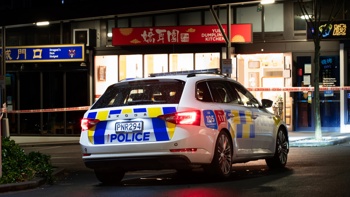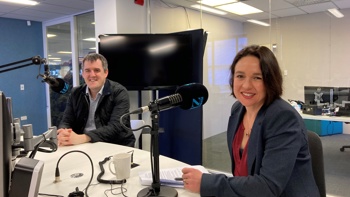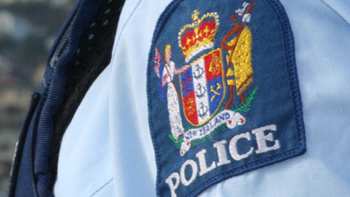KEY POINTS:
- The yes vote has won with 61.1 per cent of the vote
- 7,817,247 people voted yes
- 4,873,987 voted no - just 38.4 per cent of the responses
- A private member's bill will be debated in Parliament, with Prime Minister Malcolm Turnbull pushing for a vote before Christmas.
Australians have given same-sex marriage their approval with a 61.6 per cent 'yes' vote in a voluntary survey.
A majority"'yes" vote was recorded in 133 of the 150 federal electorates across the country, the Australian Bureau of Statistics announced in Canberra on Wednesday.
Every state and territory recorded a majority "yes" result.
Prime Minister Malcolm Turnbull has said a private member's bill will be debated in Parliament, with the PM pushing for a vote before Christmas.
That means getting a bill through both the upper and lower house of the Australian Parliament. The ABC asked all MPs how they would vote if a bill for SSM came before the house and on their count the bill would pass.
Liberal senator Dean Smith has written the bill that has been largely supported across both sides of the house by senators on the yes side. It provides exemptions so that churches and religious organisations can refuse to conduct or provide services to same-sex weddings.
READ MORE: 'No' supporters vow to 'protect parents' rights'
However, on Monday another Liberal Senator James Paterson released an alternative bill saying his offered better protections for religious freedoms but it has already been roundly criticized by members of his own party.
The Paterson bill goes further than the Smith bill in several areas. Paterson's bill would allow service providers to refuse to participate in a same-sex wedding if that goes against their beliefs. Ironically to ensure these protections, the bill would override existing state and territory anti-discrimination and freedom-of-speech laws.
When interviewed, Paterson said his bill would give people the right to "conscientiously object and not participate".
Fiona McLeod SC from the Law Council of Australia has condemned Paterson's bill, saying it takes Australians into "uncharted waters" by allowing people to refuse to provide goods and services on the grounds of "belief, thought and conscience".
The postal survey cost A$122m.
Since the survey was first announced, ReachOut Australia has reported a 40 per cent surge in young gay people seeking help. Chief executive Jono Nicholas says the process had done "indisputable harm" and his organisation had been forced to divert resources from critical mental health services.
The Government's own National Mental Health Commission issued warnings about the surveys effects which were not acknowledged publicly.
New Zealand Labour MP Louisa Wall, whose bill legalised same-sex marriage in New Zealand in 2013, said she was ecstatic with the news.
She urged Australian MPs to follow through on the will of the majority, rather than have a conscience vote.
"It was a non-binding postal survey, but actually the goodwill that was displayed and the trust in the Australian people to make a decision should be followed through in Parliament.
"Now they know what the will of the Australian people is, there is an argument they should just fulfil their wishes."
She said over 60 per cent support for same-sex marriage was a "solid mandate".
"This is a resounding victory for human rights and LGBT rights in Australia because of the level of engagement. That's what we should focus on, that Australians do fundamentally believe in human rights and they do want LGBT citizens to have equal access to civil marriage."
She said the high participation across all age groups was fantastic.
"The vote is about the future, about young people being able to grow up and being able to have what everyone else wants, with the person they want spend their lives with, and to be able to formalise that relationship.
"Those are the building blocks for society."
Take your Radio, Podcasts and Music with you









